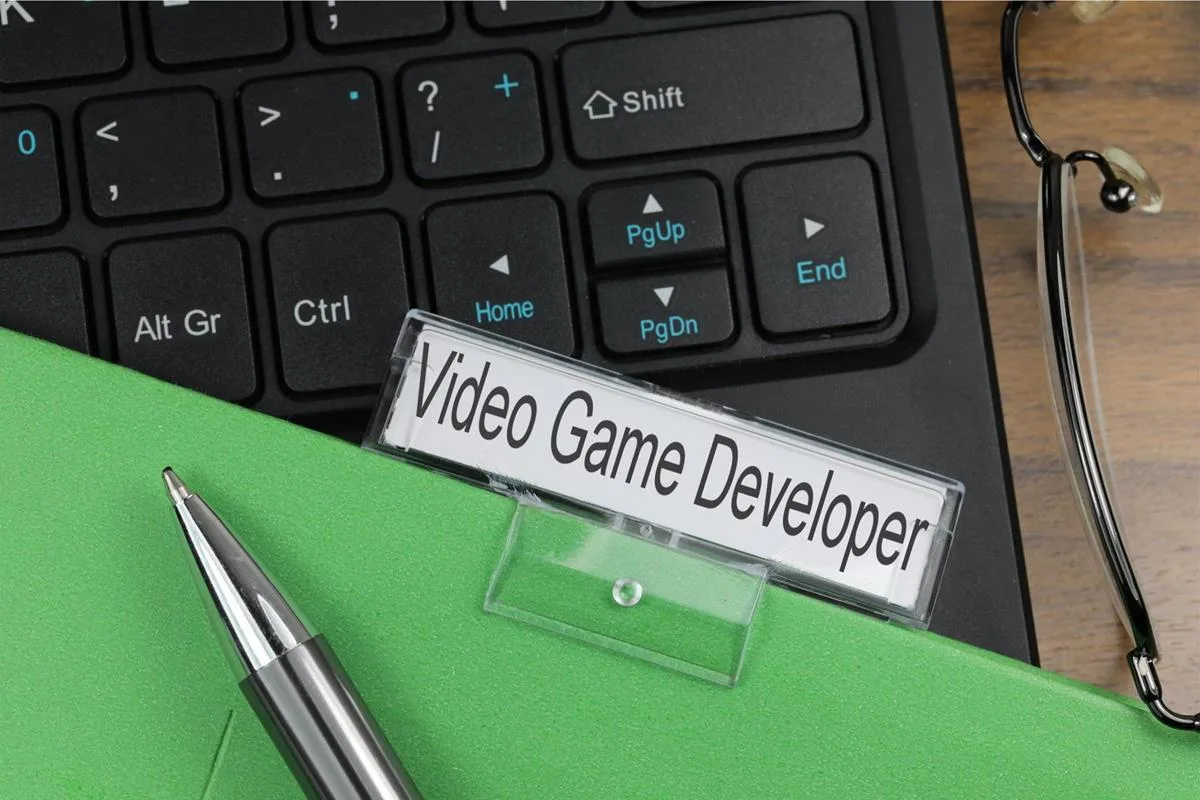While the game development industry is dynamic, getting real-world exposure is an integral part of success. One of the most effective ways to achieve this is by contributing towards open-source game projects or tools related to games. This goes beyond just giving a different perspective on the way in which the industry operates but also provides an opportunity for co-working, exposure to best practices and learning from experienced developers.
Learning Game Development Beyond Tutorials
Tutorials and academic research serve as the foundation, but true practice is the cauldron where theoretical knowledge is transformed into practical skills. Participating in the development of open source game development projects enables a developer to engage in real life situations. Instead of tutorials, which tend to be more linear in nature, open-source projects provide the intricacies of real-life challenges.

Through such involvement in these projects, developers learn to work with different code bases, various project architectures, and the nuances of team coding. This exposure goes beyond the realms of mere theoretical understanding, enabling developers to interact with issues such as version control, team debugging and adjusting to preexisting code bases – all skills that are essential components in a professional game development setting.
Exposure to Industry Best Practices: Learning from the Pros
Open-source game projects act as a well for the best practices of the industry. These projects are usually managed or contributed by established developers who have years of experience to share. Through interacting with their code, programmers can understand directly the tenets that govern a good game development process.

For example, the majority of open-source projects promote modular design by having contributors develop individual and interchangeable elements. This is similar to the trend within the industry as modular game architecture promotes teamwork, shortens development time and improves code maintainability. By following these practices in an open-source environment, developers develop habits that are seamlessly applicable to professional game development environments.
Collaboration with Experienced Game Developers:
A Learning Journey In addition, the involvement of developers in these projects allows them to master the complexities of collaborative workflows. They understand how to overcome challenges such as code reviews, continuous integration, and communication within a dispersed development team. These are essential abilities that not only allow for participation in open-source projects but also, more importantly, help one smoothly become part of a game development studio where team coding is the rule.
Perhaps the most significant advantage of participating in open-source game projects is a chance to work with other developers. These experienced persons usually serve as mentors, offering valuable advice and instructions. With them, aspiring developers will have the opportunity to observe in real time how veterans make decisions, solve problems and code.
For instance, picture contributing to an open-source game engine where competent developers scrutinize and evaluate your code. This feedback loop provides a transformative learning that directly reflects the criteria and demands of the current professional game development environment. By promoting a culture of perpetual learning, open-source contributions as a collaborative effort push developers to their highest potential.
Secondly, open-source projects are socially collaborative and provide networking opportunities. Such interactions with seasoned developers not only increase technical skills but also provide opportunities for mentorship, employment, and industry conferences. The connections established through open-source contributions may turn out to be indispensable resources for a developer in his or her career path.
Examples of Impactful Open-Source Contributions:
1. Godot Engine:
The Godot Engine, an open-source game engine, allows contributors to contribute in different areas ranging from code development to the documentation. Through interacting with Godot’s community, developers can strengthen their knowledge about game engine architecture, scene management, and the challenges of building a flexible game development environment.
2. OpenRA:
OpenRA is a freeware project that replicates old school real-time strategy games. Contributions to OpenRA help developers become familiar with game mechanics, AI development, and multiplayer networking – an essential component of modern game development.
3. Blender:
An open-source 3D content creation suite, Blender offers its contributors not only a chance to contribute to the core code but also a number of add-ons. Through interacting with Blender, developers will have an opportunity to explore the intricacies of 3D modeling, animation and rendering thus acquiring experience in tools applied by game and animation professionals.
4. Unity Technologies’ GitHub Repositories:
GitHub’s main repository is owned by Unity Technologies, a company that produces the widely used Unity game engine. Working on these projects gives developers an insight into the development practices of Unity, where they can learn how a popular game engine operates.
Conclusion: Formulating Your Future with the Help of Open-Source Contribution

In the fast moving world of gaming development, open source contributions are a door to many opportunities. Developers can turn a theoretical understanding into practical know-how, follow the best practices in the industry, and work together with skilled professionals.
The effect does not only concern the development of individual skills – it creates a culture of learning, partnership, and ongoing process improvement that lays the ground for a prosperous and rewarding game design profession. Involving oneself with open-source projects not only helps novice developers improve their technical skills but also makes them important contributors to a worldwide community that drives the gaming industry.




